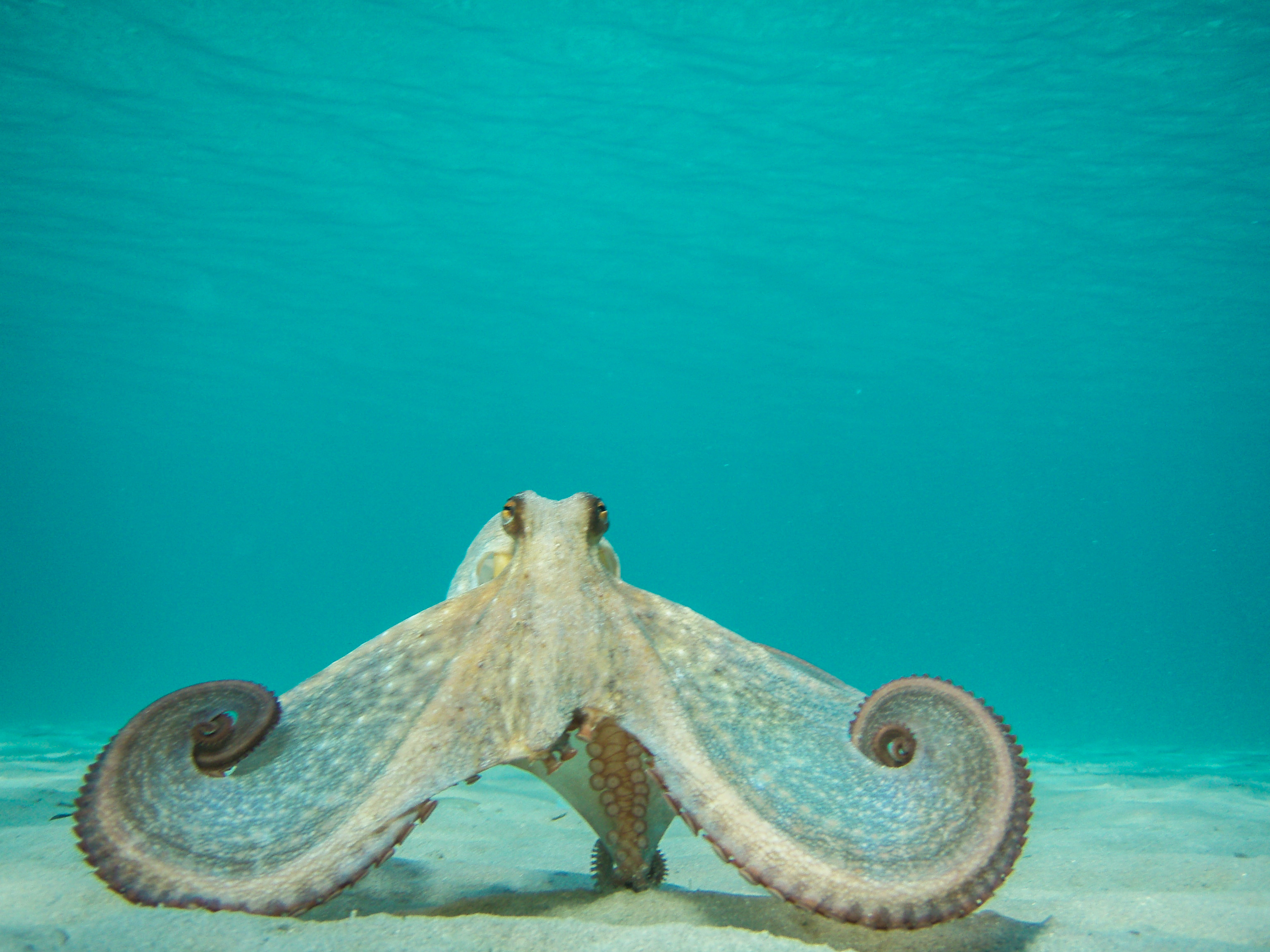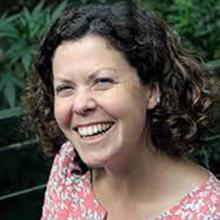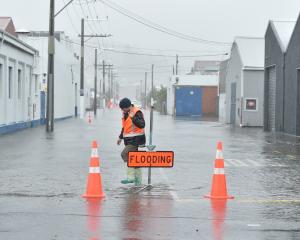

From free-diving solo in the wild waters of the South Atlantic Ocean, every day for almost a year, Craig’s story gave powerful meaning and magic to a creature that many of us barely knew of at all.
How many stories do our oceans conceal, even in the sunlit shallows, with more and more through the fathoms below? The vastness of that invisible realm is fascinating, but it is a world that we largely do not know and so we ignore.
As 2020 drew to a close, it wrapped up the warmest decade ever recorded on Earth. Levels of greenhouse gases in our atmosphere hit highs, even with the setbacks associated with Covid-19. The warmth trapped by these gases has almost entirely been absorbed by the oceans, with less than 10% taken up by all other components of our climate system together - the atmosphere, land and by melting ice. Ocean temperatures broke records in 2020 for the year as a whole, and heatwaves that are particularly dangerous to marine life were felt more often and with greater severity than before.
In New Zealand, marine heatwaves have occurred in three of the past four years, with catastrophic consequences for our ocean life that has evolved to thrive in cool waters.
To add to that, the oceans absorb around one quarter of all CO2 emissions from human activities. This is changing the chemistry of seawater and threatening marine life from microscopic plankton at the base of the food chain, to coral reefs that protect coastlines and provide a habitat for countless species. Without immediate and far-reaching action to reduce emissions of greenhouse gases, the end of this century will see profound changes in the oceans that will take tens of thousands of years to reverse.
Despite this stark warning, many of these changes are not clearly visible to most of us, and so our collective appetite for action is weak. We can easily see the damage caused by pollution, dredging and industrial fishing, but rising temperatures and acidification are quietly posing far more serious threats.
The United Nations proclaimed a "UN Decade of Ocean Science for Sustainable Development" that began with the dawn of 2021. This opens up a new era of ocean research and opportunities for connecting ocean science more meaningfully with society. Communicating science, giving life and story to ocean climate data, and recognising the ocean as the heart of our changing climate, has never been more important. We have no more time to play with, we must make deep changes to protect our ocean planet and to protect ourselves.
Keep demanding policy change; keep reducing fossil fuel use; try more and more meals without meat and dairy; keep walking and cycling when you can; keep avoiding waste by re-using and repairing; keep striking for climate; keep protecting and expanding our native forests and wetlands. Keep doing all these things, and inspiring friends and family to do the same, then together we will really see a new world ahead of us.
"You go into that water and it's extremely liberating. All your worries and problems and life drama just dissolve. You slowly start to care about all the animals, even the tiniest little animals. You realise that everyone is very important. To sense how vulnerable these wild animals' lives are, and actually, then how vulnerable all our lives on this planet are." - Craig Foster in My Octopus Teacher
• Cathy Cole is a lecturer in the University of Otago Centre for Science Communication and a member of He Kaupapa Hononga, a network of University of Otago researchers and collaborators interested in climate change and its impacts.
Comments
Very good article that very elegantly asks us all to help in the battle of climate change. But why would you write about the oceans and climate change and not ask people to reduce their intake of seafood? You ask us to eat less meat and dairy but say nothing of fish even after stating the damage being done by pollution, dredging and industrial fishing!
Sea bed bottom trawling produces as much as one billion tonnes of carbon annually -- equivalent to all emissions from aviation -- according to new research.
"Humanity removes 80-90m tonnes of wildlife from the oceans every year (the equivalent of the human weight of China). We call it “seafood” to feel OK about that appalling deduction. Of course, there are communities in the developing world that rely on local seafood as their primary source of protein. Please, let them have it. But for those of us who are lucky enough to have the power of choice over our diets, a move toward plant-centred eating is the only justifiable decision. Seafood should never have grown into the vast, global concern it has become. We need to return it to its artisan, community-based roots." - Paul Greenburg.












